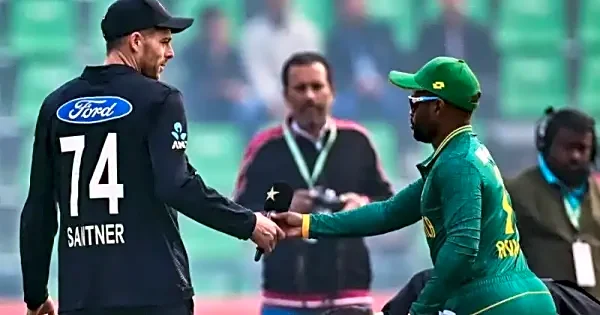Karki, a former chief justice who was appointed as the country’s first woman leader in September after deadly anti-corruption protests, recalled 11 ambassadors to countries including China, the United States, Britain and Japan, who were appointed by her predecessor KP Sharma Oli.
In seeking the envoys’ removal, the government said it was not satisfied with their performance.
"The government could not justify its charges against the ambassadors in the court," Ananta Raj Luitel, an independent lawyer who challenged Karki’s decision, told Reuters.
Luitel said all ambassadors would continue to work as usual in their positions.
Jagdish Kharel, minister for communications and information technology, said the government would "respect the order of the Supreme Court."
Read more: Trump says discussed denuclearisation with Xi Jinping, warns China against Taiwan invasion
The 73-year-old Karki is tasked with holding fresh elections to the lower house of parliament by March 5 and has appointed a small cabinet of reform-minded figures with anti-corruption credentials.
Seventy-six people were killed and more than 1,300 injured during the protests in early September by the Gen Z movement, named for the age of its mainly young supporters.
Political analyst Puranjan Acharya said the court order was a "setback" for Karki.
"She recalled the ambassadors under pressure from the Gen Z people fully aware that it would be difficult for the government to defend it in the court," Acharya said.
"But in the long run this will help her resist more pressure," he said.
Karki is also under pressure from the Gen Z protesters to dismiss some other officials, including the chief of the anti-corruption body who was also appointed by Oli.
/images/ppid_59c68470-image-1762155129846588.webp)



/images/ppid_a911dc6a-image-177101752951095973.webp)



/images/ppid_a911dc6a-image-177101403147018469.webp)
/images/ppid_a911dc6a-image-177101053501199609.webp)
/images/ppid_59c68470-image-177101003680064644.webp)


